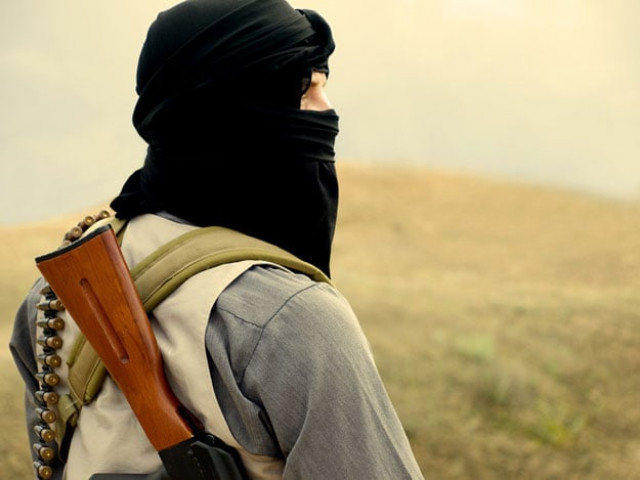Devolution of power: Local governments ‘can help counter militancy’
Experts believe no community monitoring or policing system in place to keep an eye over suspicious activities

“Counter-narratives are needed to fight the war of ideas with the aim being to win hearts and minds of the population”, he said STOCK IMAGE
The election commission has decided to hold local bodies elections this year. In Sindh and Punjab, polls will be held on September 20. “The war on terrorism cannot be won without the support of the population,” said Muhammad Munir, a research fellow at the Institute of Policy Studies Islamabad.
“Counter-narratives are needed to fight the war of ideas with the aim being to win hearts and minds of the population”, he said. “These counter-narratives should clearly establish the government’s credibility before the public as to why their future is with the state rather than with the non-state groups.”
In the absence of grassroots governance system, the experts say, there is no effective community monitoring and policing system to keep an eye over the suspicious activities of terrorists. Another specialist, who is also a part of the government’s recently revised counterterrorism strategy, said there were no direct representatives to monitor the legal and governance issues at district levels since the offices of magistrates and Nazims have been abolished. “This has left a gap and miscreants are taking benefit of the situation,” he added, referring to the continuous rise in security issues.
In 2013, the top court had handed down its judgment for establishing local government structure as a vigilance measure, citing the absence of an effective community watch mechanism as one of the main reasons behind militancy and terrorism in Balochistan.
Despite the apex court orders, the federal and provincial governments delayed this power-sharing system under different pretexts. Balochistan is the only province, which has put the local bodies system in place so far. In other provinces, elections have been due since 2009. In the case of areas falling under the cantonment boards, elections have not been held for the last 14 years.
“After violent conflicts, local governments face enormous challenges,” says Dr Anwar Butt, an expert on local government issues. For lasting stability and development, it is necessary to improve and maintain citizens’ security and integrate internally displaced persons or ex-combatants into the local community. While sharing the new challenges to governance and peace building at local levels, Dr Butt said the masses also need access to basic services such as roads, water, schools and healthcare as well as tangible economic opportunities.
Steve Hogan, mayor of Colorado’s Aurora city, the ninth biggest city in the US which hosts expatriates from over 135 states, told The Express Tribune that the only thing to win hearts and minds of the community was through better policing, governance and their participation in different events.
Hogan has introduced an organised neighbourhood system in his city. In reply to a question, he said: “Interest, desire and will are required for better governance at local levels.”
In Pakistan’s case too, these experts suggest adopting community policing and problem-oriented policing models can address the trust-deficit between the citizens and the police. They also emphasised the need for depoliticising the police force, ensuring effective command and controls in different departments and providing them adequate resources to face security challenges.
Published in The Express Tribune, April 1st, 2015.



















COMMENTS
Comments are moderated and generally will be posted if they are on-topic and not abusive.
For more information, please see our Comments FAQ